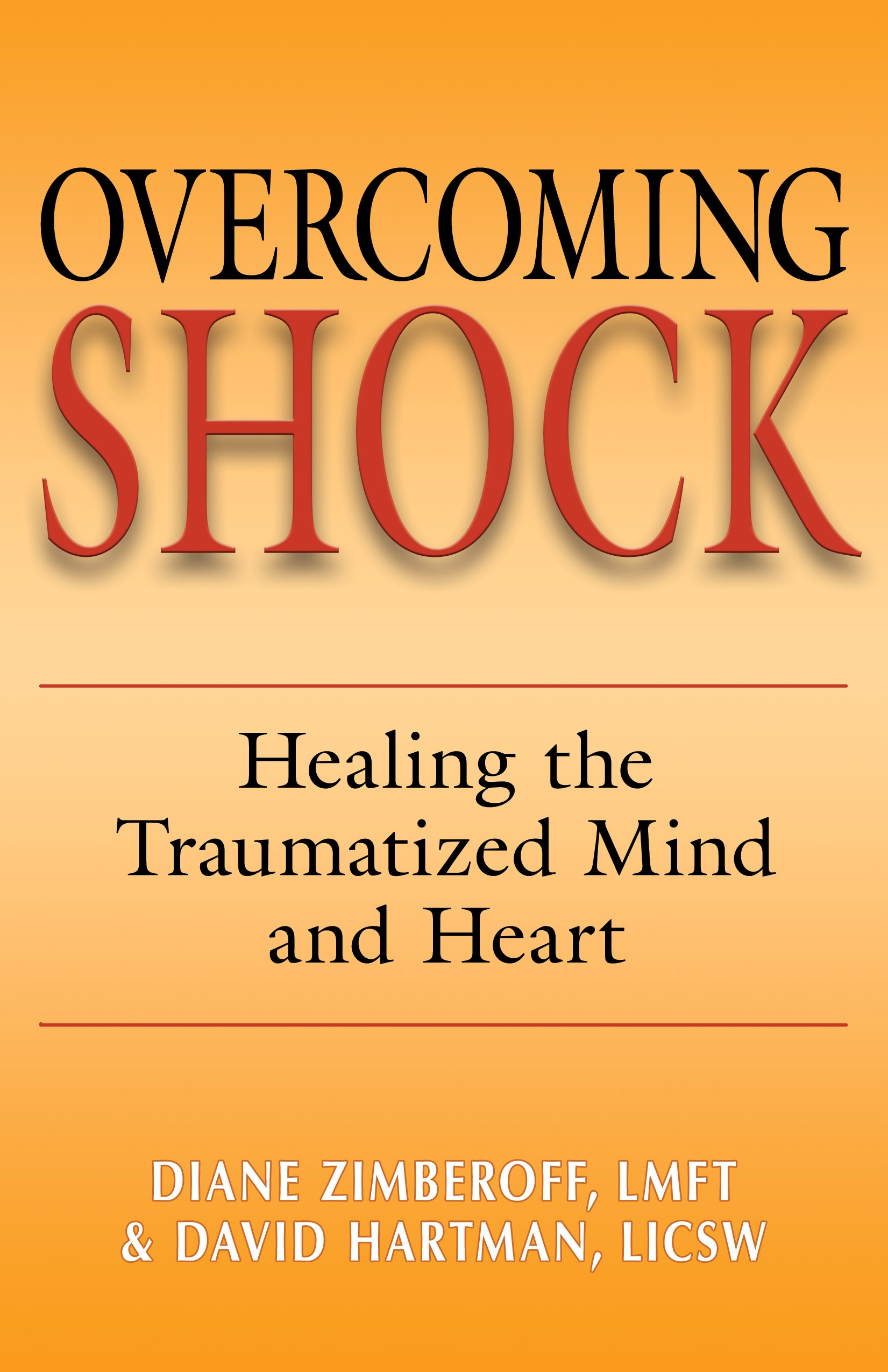What Is Shock and How Can I Find Treatment?
What Is Shock and How Can I Find Treatment?
 Most people experience shock at one time or another in their life. And a great majority of people are in shock, in one form or another, on a daily basis.
Most people experience shock at one time or another in their life. And a great majority of people are in shock, in one form or another, on a daily basis.
Shock may begin early in life and then build up as life’s stresses increase, or it may result from a sudden traumatic event.
Stress is a normal part of our lives and, of course, most people feel stress on a daily basis. Stress is exacerbated when it becomes increasingly intense, and then something tragic, threatening, or overwhelming happens. For example, someone in your family or perhaps you, yourself, get diagnosed with an illness, dies, loses a job, has an accident or a million other situations which become “the last straw” so to speak.
Then you move into panic mode, your heart and thoughts are racing, you are frantically searching for solutions, you perhaps begin using more alcohol, caffeine, sugar, or sleeping pills to cope. You notice that you are gaining weight, unable to sleep and feeling intense anxiety.
How would I know if I or my family members have shock?
Shock is a physiological response we carry in the nervous system. In one form, sympathetic shock is what “work-a-holics” experience on a daily basis: people who scurry around, running from one task to another without being fully present for any of them. Many people like this run to the cupboard for sweets or carbs, or need a drink or to smoke pot to try to relax.
In the next form, parasympathetic shock is the state of your nervous system when you feel exhausted, numb or depressed. In this form of shock, you can’t seem to focus or get anything done. So most people then feel the need to get more energy, to wake up, so to speak. So perhaps you self-medicate with energy drinks, colas, food, chocolate, alcohol, caffeine, smoking, sex, etc.
When the body’s nervous system gets seriously out of balance, we may use substances or behaviors to “medicate” the shock state in our body, unconsciously attempting to correct the imbalance. When the body begins to spiral toward anxiety with adrenaline (sympathetic shock), the body corrects by trying to slow down and calm down. When the body begins to spiral toward lethargy or depression (parasympathetic shock), the body corrects by trying to energize and ratchet up.
At bedtime the system is exhausted from frantically going back and forth between sympathetic and parasympathetic shock all day. You may begin to be restless and have lost your natural ability to fall asleep. So you ask your doctor for sleeping pills, which are often the next form of medicating the shock. Sleeping aides are one of the most prescribed drugs in our society.
There are many professions or jobs that are connected with shock, typically those we refer to as first responders:
- Critical incident /crisis management teams
- Hospital workers, nurses, doctors, emergency room staff, hospice care, nursing home caregivers, funeral workers
- Police, sheriffs, highway patrol, firefighters, military
- Therapists, counselors, psychologists, drug and alcohol rehab workers
- Public servants, airline agents, customer service employees
- High tech employees
Many of these workers have to deal with intense and sometimes shocking events and are there to solve the problems of the victims. However, rarely does anyone treat these workers’ shock, the shock of the caregiver. Therapists, for example, who listen to horrifying stories of child sexual abuse, domestic violence, rape, suicide, etc. often work frantically (sympathetic shock) to help find solutions for their desperate clients and then carry all of these tragedies home with them. Sometimes they even get blamed for a tragic event such as a client who suicides or harms their children. There is a high rate of anxiety, addiction, overeating, weight problems, substance abuse and depression among all first responders and therapists. These are all indications of living in shock states on a daily basis where it is considered normal.
What can I do to reduce the amount of shock in my life?
There is no simple answer to this and, of course, is why we wrote the book on Overcoming Shock. One can read the book and begin to determine:
- When am I in sympathetic shock?
- When am I in parasympathetic shock?
- What are some first aids to reduce the levels of shock?
- Meditation, mindfulness practices
- Yoga, exercise, walking, sitting in nature
- Drinking water slowly
- Heat or ice packs on the neck, forehead or belly
- Be fully in the moment by slow, deep breathing
- Find a hypnotherapist who recognizes and treats long term shock
- How can I avoid passing this pattern on to my children?
- By treating your own shock first. Like in the airplane when they say, “Parents, put on your own oxygen mask first, then put the oxygen on your children.”
How do I find a professional Hypnotherapist to treat my shock?
Because these shock states are a physiological response to trauma and stress, they are stored below the conscious mind, in the subconscious mind. Therefore any type of cognitive therapy is less valuable for this purpose than hypnotherapy is.
A trained therapist must first recognize and treat their own shock. That is what we do at The Wellness Institute. Our 30 years of experience has shown us that unless we as therapists have found treatment for our own shock, we cannot treat or recognize the shock in others. We cannot treat something in others that we have not found treatment for ourselves. All Wellness therapists have been working on releasing their own shock through the work that they do at The Wellness Institute.









